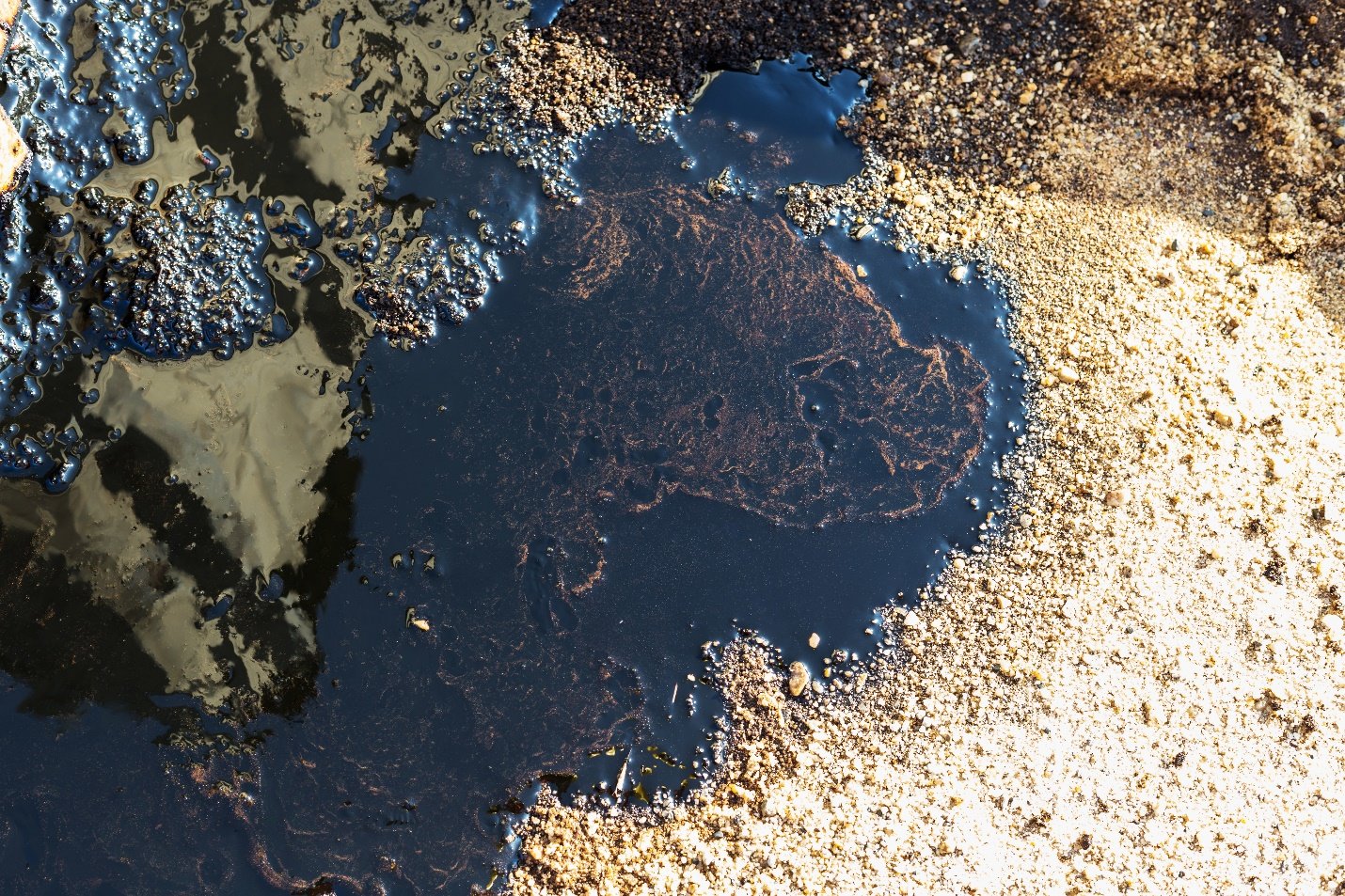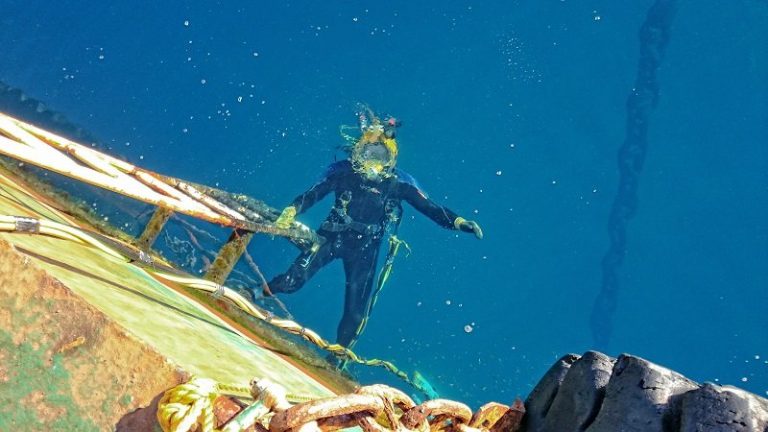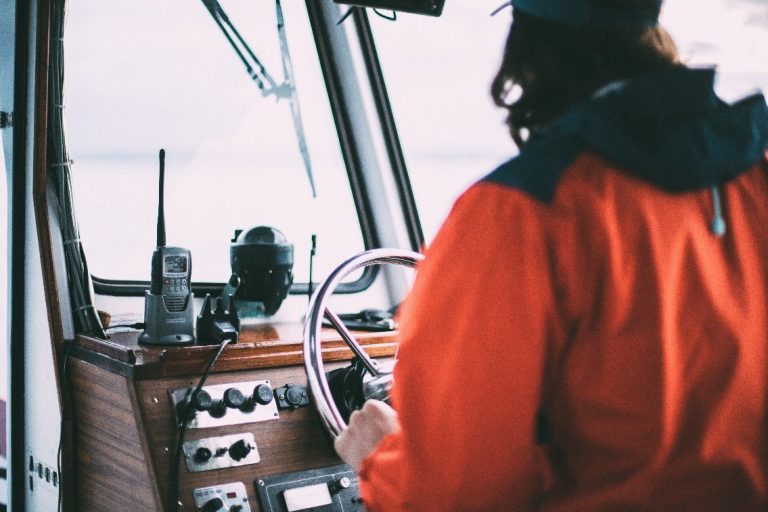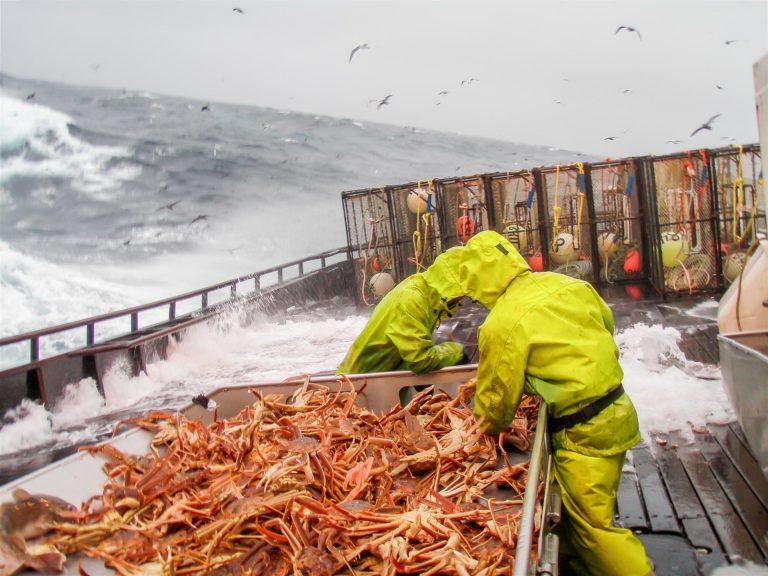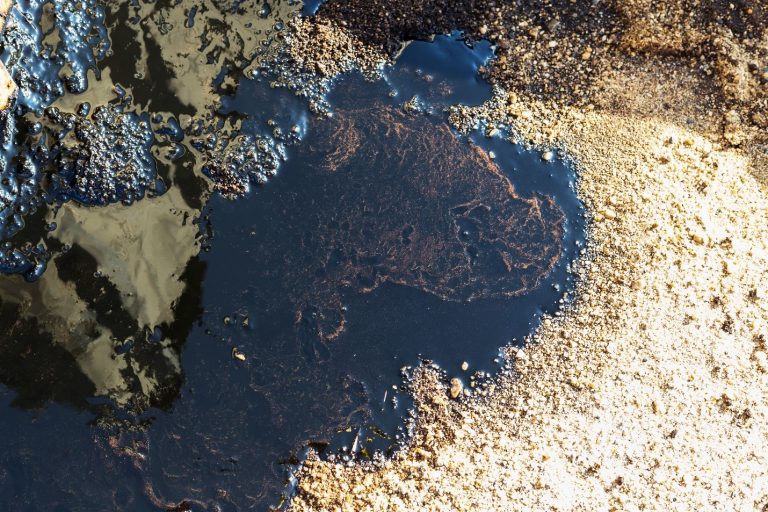Foreign maritime companies have different and advanced maritime technology than the US, including skimming ships. These ships are currently not allowed to participate in Gulf Coast Oil Spill cleanup efforts due to provisions contained in the Jones Act. Some foreign technology is already a part of current oil spill cleanup efforts, including Canada’s containment boom, Dutch sweeping arms, and Mexico’s skimmers. This technology, however, is used aboard US vessels which circumvents the Jones Act requirements.
While the Bush Administration did allow “presidential waivers” of the Jones Act during the aftermath of Hurricane Katrina, President Obama has not yet allowed such a waiver with regard to the oil spill. There are well-established federal procedures for waiving the Jones Act to bring in foreign vessels when US vessels are not available. While waivers to the Act are being considered by the White House, nothing has happened and this spill started almost two months ago.
What is the Jones Act?
The Jones Act is part of the Merchant Marine Act of 1920 that deals with a variety of issues surrounding maritime work. The Jones Act provides compensation for injured seamen upon a finding of even minor negligence on the part of the maritime employer. The statutes themselves cannot be understood without looking at how the courts have interpreted and applied them to real-life situations. Generally, the Jones Act laws exist to protect offshore workers.
The provisions of the Jones Act discussed with relation to the oil spill cleanup are protectionist in nature, requiring vessel working in the United States to be built in and crewed by US workers. These provisions were drafted with the intent to help rebuild the US shipping industry after World War I.
For more information about the Jones Act or any maritime law question, please contact the Jones Act Lawyers of SMSH today.

